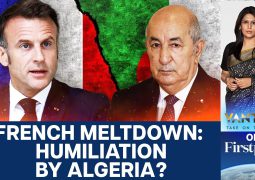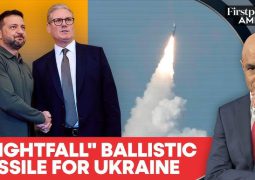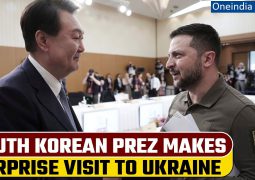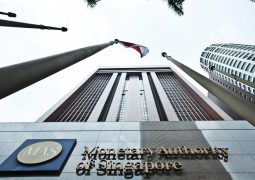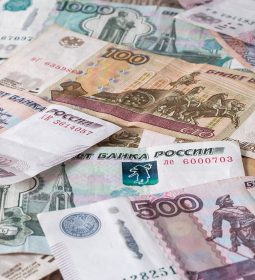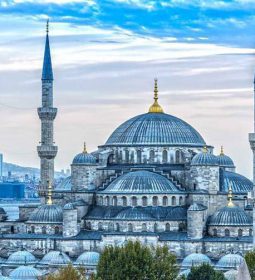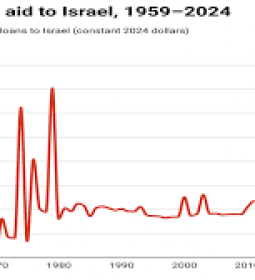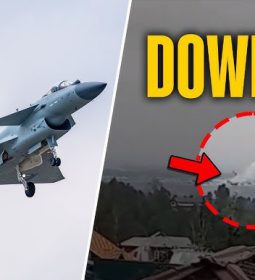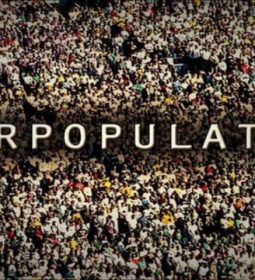Ambassador of Russia to United Nations Vitaliy Churkun dies at age 65

Russia’s ambassador to the United Nations, a veteran diplomat known as a potent, savvy yet personable voice for his country’s interests who could both spar and get along with his Western counterparts, died suddenly Monday after falling ill in his office at Russia’s U.N. mission.
Vitaly Churkin was taken to a hospital, where he died a day before his 65th birthday, said Russia’s deputy U.N. ambassador, Vladimir Safronkov. The cause of his death was unknown.
As Russia’s envoy at the United Nations since 2006 and a diplomat for decades, Churkin was considered Moscow’s great champion at the U.N., where he was the longest-serving ambassador on the powerful Security Council.
U.N. Secretary-General Antonio Guterres called Churkin “an outstanding diplomat.”
“Ambassador Churkin served the Ministry of Foreign Affairs of the Russian Federation with distinction through some of the most challenging and momentous periods of recent history,” Guterres said in a statement.
Russian President Vladimir Putin esteemed Churkin’s “professionalism and diplomatic talents,” spokesman Dmitry Peskov said, according to the state news agency TASS. Diplomatic colleagues from around the world mourned Churkin as a master in their field: a passionate and effective advocate for his country; an intellectual with a doctorate in history who was also a onetime child actor with an acute wit; a formidable adversary who could remain a friend.
“We did not always see things the same way, but he unquestionably advocated his country’s positions with great skill,” U.S. Ambassador Nikki Haley said in a statement.
Her predecessor, Samantha Power, described him on Twitter as a “diplomatic maestro and deeply caring man” who had done all he could to bridge differences between the U.S. and Russia.
Those differences were evident when Power and Churkin spoke at the Security Council last month, when she lashed out at Russia for annexing Ukraine’s Crimean Peninsula and for carrying out “a merciless military assault” in Syria. Churkin accused Democratic former President Barack Obama’s administration, which Power served, of “desperately” searching for scapegoats for its failures in Iraq, Syria and Libya.
Churkin died weeks into some major adjustments for Russia, the U.N. and the international community, with a new secretary-general at the world body and a new administration in Washington. Meanwhile, the Security Council is due this week to discuss Ukraine and Syria.
From Moscow’s vantage point, “Churkin was like a rock against which were broken the attempts by our enemies to undermine what constitutes the glory of Russia,” Tass quoted Deputy Foreign Minister Sergei Ryabkov as saying.
Churkin’s U.N. counterparts “experienced and respected the pride that he took in serving his country and the passion and, at times, very stern resolution that he brought to his job,” said General Assembly President Peter Thomson, of Fiji.
But colleagues also respected Churkin’s intellect, diplomatic skills, good humor and consideration for others, Thomson said.
Britain’s U.N. ambassador, Matthew Rycroft, recalled “a diplomatic giant and wonderful character.” Former French U.N. Ambassador Gerard Araud, now French ambassador to the U.S., described Churkin as “abrasive, funny and technically impeccable.”
Churkin emerged as the face of a new approach to foreign affairs by the Soviet Union in 1986, when he testified before the U.S. Congress about the Chernobyl nuclear plant disaster. It was rare for any Soviet official to appear before Congress.
In fluent English, Churkin provided little new information about Chernobyl but engaged in a friendly, sometimes humorous, exchange with lawmakers who weren’t accustomed to such a tone — or to a representative in a fashionably well-fitting suit and a stylish haircut — from the U.S.S.R.
After he returned to the foreign ministry in Moscow, he ably dodged questions and parried with Western correspondents, often with a smile, at briefings in the early 1990s. Within the government, he proved himself an able and flexible presence who survived numerous course changes after the dissolution of the Soviet Union. He held ambassadorships in Canada and Belgium, among other posts.
Churkin told Russia Today in an interview this month that diplomacy had become “much more hectic,” with political tensions rising and stability elusive in various hotspots. At the time, he looked in good health, reporter Alexey Yaroshevsky tweeted Monday.
- Previous South Korea rejects North’s claim of collusion with Malaysia over Jong-nam’s death
- Next Russia to start deliveries of helicopters to India in 2019




